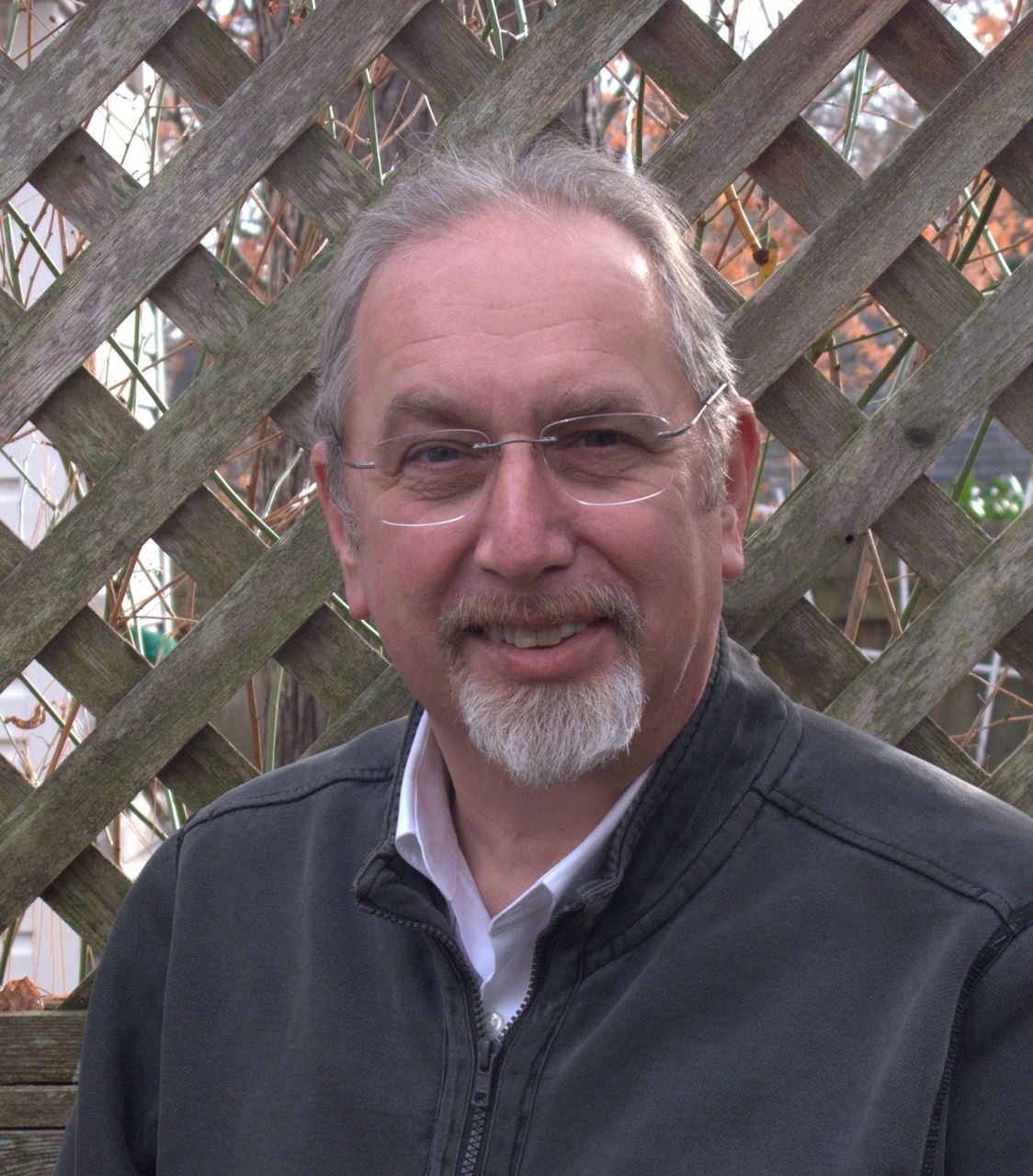
Fridays @ CCP Lecture Series
Richard Chefetz, MD
(Washington, DC )
November 12, 2021
Humiliation Is Not Just About the Intent to Shame and Degrade
7-9pm (CST): ZOOM Presentation and discussion
About the presentation: Acute shame is distinguished from chronic shame by feeling like "I have been bad," where the latter is an eternity of "I am bad." In chronic shame a person tends to feel unlovable, and of no value. In humiliation the interminable badness of chronic shame morphs to feeling broken, defective beyond redemption. The humiliator often fully intends to shame. The impact is devastating, and when the humiliator takes pleasure in the collapse of their target, the sadism crushes the soul. While shame and humiliation are sibling emotions, they are not the same. In this presentation, the differences between shame and humiliation are mapped out, and clinical vignettes will be used to illustrate the value of making these powerful emotional experience distinct in the clinical dialogue.

Richard A. Chefetz, M.D. (Washington, D.C; psychiatrist in private practice) Past president of the International Society for the Study of Trauma and Dissociation (2002-3), and Co-Founder and Chair of their Psychotherapy Training Program (2000-8), he is also a Distinguished Visiting Lecturer at the William Alanson White Institute of Psychiatry, Psychoanalysis, and Psychology. He is faculty at the Washington School of Psychiatry, the Institute of Contemporary Psychotherapy & Psychoanalysis, and the Washington-Baltimore Center for Psychoanalysis. In 2015 he published Intensive Psychotherapy for Persistent Dissociative Process: The Fear of Feeling Real, with W.W. Norton, in their Interpersonal Neurobiology series.
Learning objectives
1. Participants will be able to describe the difference between the words affect, feeling, and emotion as well as the clinical utility of distinguishing between them.
2. Participants will be able to describe the process by which shame and rage become welded together and the utility of this constellation of affects.
3. Participants will be able to differentiate shame and humiliation and describe the utility of these differences in psychotherapeutic discourse.
All Level Presentation
Fees
CCP members: free with annual $175 membership, payable at registration.
Students:free with annual $150 membership, payable at registration.
Fellows: free with annual $150 membership, payable at registration.
Non-CCP members, single admission: $50
Student non-members, single admission: $15
Continuing Education
This program is sponsored for Continuing Education Credits by the Chicago Center for Psychoanalysis. There is no commercial support for this program, nor are there any relationships between the continuing education sponsor, presenting organization, presenter, program content, research, grants or other funding that could be construed as conflicts of interest. Participants are asked to be aware of the need for privacy and confidentiality throughout the program. If the program content becomes stressful, participants are encouraged to process these feelings during discussion periods. The Chicago Center for Psychoanalysis maintains responsibility for this program and its content. CCP is licensed by the state of Illinois to sponsor continuing education credits for Licensed Clinical Social Workers, Licensed Social Workers, Licensed Clinical Professional Counselors, Licensed Professional Counselors, Licensed Marriage and Family Therapy Counselors and Licensed Clinical Psychologists (license no. 159.000941 and 268.000020 and 168.000238 Illinois Dept. of Financial and Professional Regulation).
Professionals holding the aforementioned credentials will receive 2.0 continuing education credits for attending the entire program. To receive these credits a completed evaluation form must be turned in at the end of the presentation and licensed psychologists must first complete a brief exam on the subject matter. No continuing education credit will be given for attending part of the presentation. Refunds for CE credit after the program begins will not be honored. If a participant has special needs or concerns about the program, s/he/they should contact Toula Kourliouros Kalven by November 11, 2021 at tkalven@ccpsa.org
References/Suggested Reading
Leask, P. (2013). Losing trust in the world: Humiliation and its consequences. Psychodynamic Practice, 19(2), 129-142.
Lewis, H. B. (1987). The role of shame in symptom formation. Hillsdale, N.J.: Lawrence Earlbaum Associates, Inc.
Rothstein, A. (1984). Fear of humiliation. Journal of the American Psychoanalytic Association, 32(1), 99-116.
Trumbull, D. (2003). Shame: an acute stress response to interpersonal traumatization. Psychiatry, 66(1), 53-64.
Winnicott, D. W. (1949). Hate in the countertransference. International Journal of Psychoanalysis, 30, 69-75.
Presented by
The Chicago Center for Psychoanalysis is an IRS 501(C)(3) charitable organization, and expenses may be tax deductible to the extent allowed by law and your personal tax situation.
